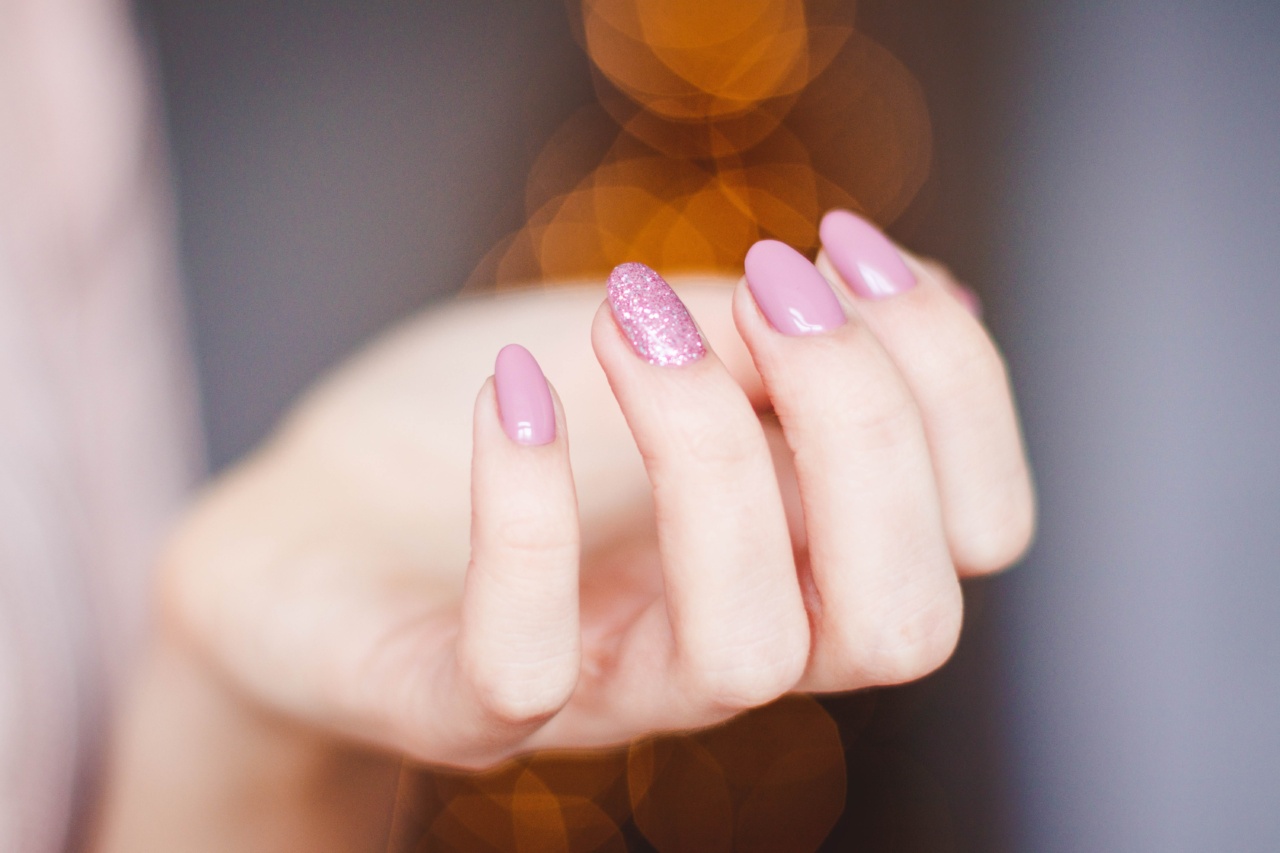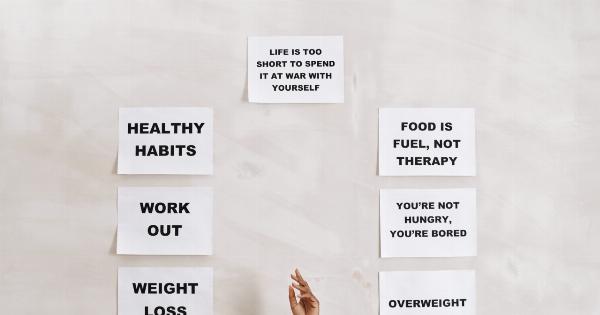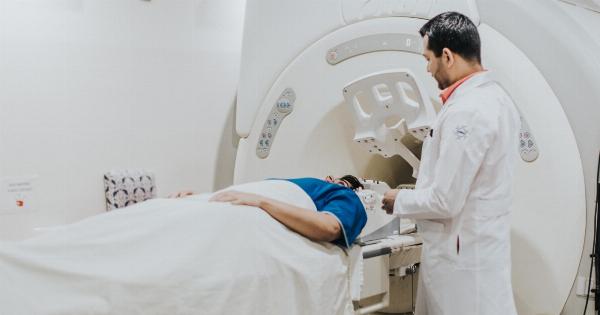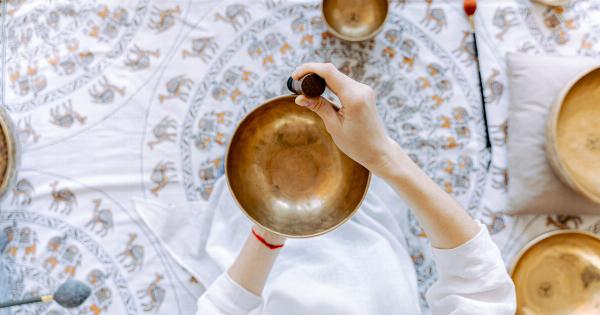Nail biting, also known as onychophagia, is a common habit that many people develop during childhood. It involves biting, chewing, or picking at the nails, often as a response to stress, boredom, or nervousness.
While nail biting may seem like a harmless habit, it can have surprising effects on your health. This article explores the shocking consequences of nail biting and provides insights into how to break free from this behavior.
1. Dental problems
Nail biting can lead to a range of dental problems. Constantly biting your nails can cause your teeth to shift out of alignment, leading to an incorrect bite. It can also result in chipped or broken teeth, as well as damage to fillings or dental work.
The germs present under your nails can introduce harmful bacteria into your mouth, increasing the risk of infections and gum diseases.
2. Infections around the nails
Regular nail biting can lead to frequent infections around the nails, known as paronychia. Biting your nails can create small tears or breaks in the surrounding skin, allowing bacteria and fungi to enter and cause redness, pain, and swelling.
These infections can be persistent and difficult to treat, often requiring medical intervention.
3. Weakened immune system
Research has shown that nail biting can weaken your immune system. When you bite your nails, you introduce bacteria, viruses, and other pathogens into your body.
This constant exposure can overload your immune system, making it less effective in fighting off infections and diseases. As a result, chronic nail biters tend to fall ill more frequently than those who do not engage in this habit.
4. Increased risk of illness
Due to weakened immune defenses, chronic nail biters are more susceptible to various illnesses. Common colds, flu, and digestive issues are more likely to affect individuals who frequently bite their nails.
The transfer of germs from your hands to your mouth can introduce harmful pathogens into your system, increasing the chances of infection and illness.
5. Damage to the skin around the nails
Aside from infections, nail biting can cause damage to the skin around the nails. Persistent biting can result in dryness, redness, and peeling of the skin.
It may also lead to the formation of painful hangnails, which can become infected if not treated properly.
6. Emotional repercussions
Nail biting often stems from emotional triggers such as stress, anxiety, or boredom. However, this habit can further exacerbate these negative emotions.
It becomes a vicious cycle, where the act of nail biting provides temporary relief but ultimately increases feelings of anxiety and stress. Over time, this can have a detrimental impact on mental health and overall well-being.
7. Social stigma
Chronic nail biting can result in unsightly nails and cuticles, leading to social stigma and embarrassment. Nails that are bitten down to the quick or have uneven growth can be perceived as unhygienic or a sign of nervousness.
This can impact an individual’s self-esteem and confidence, potentially affecting personal and professional relationships.
8. Dental discoloration
The constant exposure of teeth to the pressure and chemicals from nail biting can cause dental discoloration over time. Teeth may develop a yellowish or brownish tint, detracting from a person’s smile.
This cosmetic effect can further contribute to self-consciousness and dissatisfaction with one’s appearance.
9. Potential for ingesting harmful substances
Biting your nails may involve putting your fingers in your mouth without realizing the substances that have accumulated on them.
Various toxins, chemicals, and dirt can be present under your nails, including bacteria from everyday objects or environments. Accidentally ingesting these substances can lead to gastrointestinal issues or other health problems.
10. Difficulty in breaking the habit
One of the most challenging aspects of nail biting is breaking the habit. Due to the psychological and emotional components associated with this behavior, it can be difficult to stop.
Nail biting becomes a subconscious habit that provides comfort, making it hard to give up without the appropriate strategies and support.
In conclusion, nail biting, despite being a seemingly harmless habit, can have shocking effects on your health.
From dental problems and infections around the nails to weakened immune systems and emotional repercussions, the consequences of this behavior go beyond aesthetics. Breaking free from nail biting requires a combination of self-awareness, determination, and support.
By addressing the underlying triggers and seeking alternative stress relief methods, it is possible to overcome this habit and improve overall well-being.































